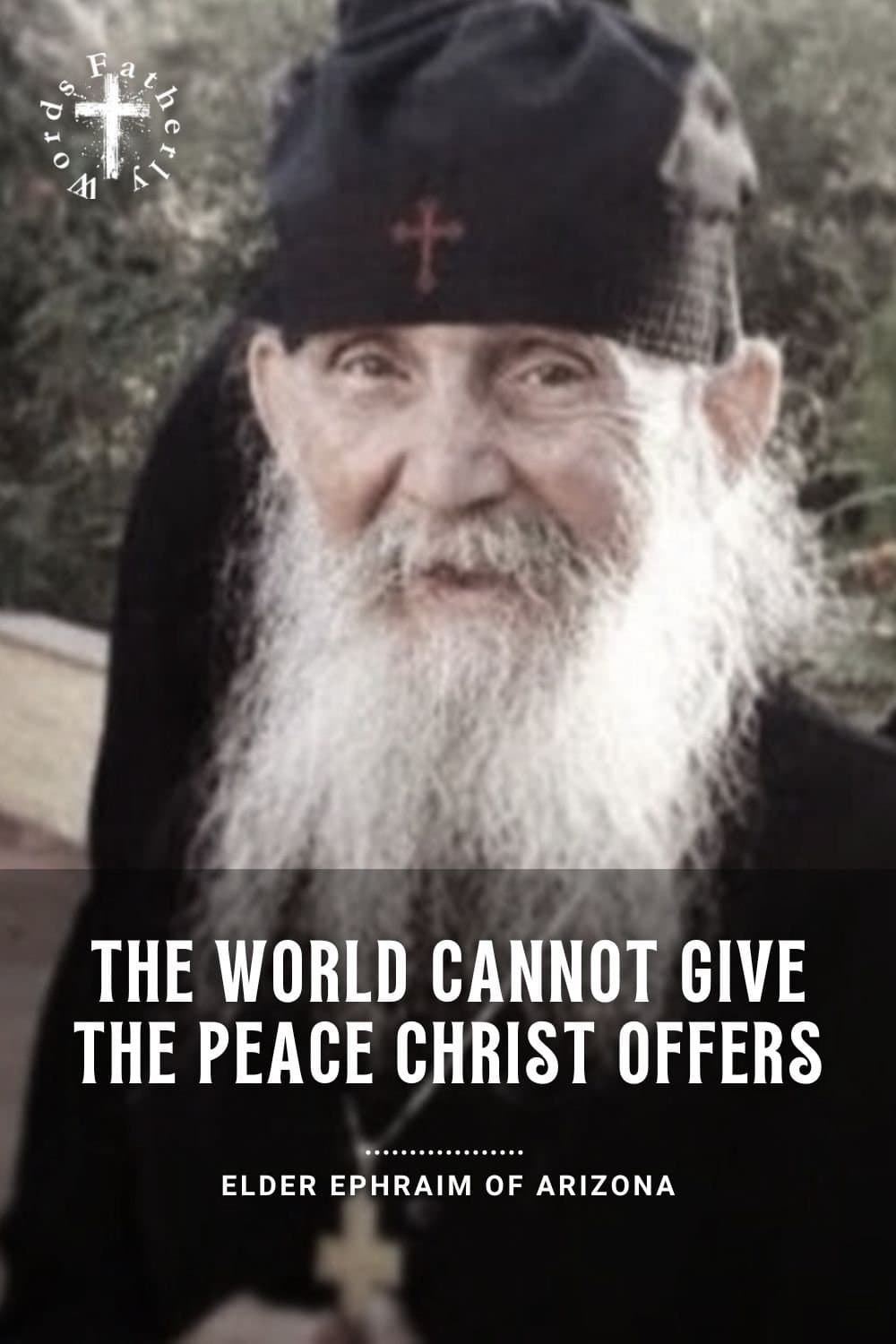Holy Confession in Orthodox Christianity is not a human custom, not a psychological exercise, nor a spiritual habit invented by priests. It is a divine Mystery instituted by our Lord Jesus Christ Himself after His Resurrection.
It is the door through which every soul must pass to enter the Kingdom of Heaven. Without this Mystery of repentance and forgiveness, humanity would have no path back to the Father.
The Lord appeared to His disciples after rising from the dead and breathed upon them, saying:
“Receive the Holy Spirit. If you forgive anyone’s sins, their sins are forgiven; if you do not forgive them, they are not forgiven.”
John 20:22–23
This is the sacred foundation of the Mystery of Confession. It was not created by men but by the divine will of the God-Man, Jesus Christ.

The Divine Origin of Confession
From the very beginning, God’s relationship with humanity has been based on repentance and return. In the Garden of Eden, after the fall, God called to Adam: “Adam, where are you?” (Genesis 3:9), not to destroy him, but to invite him to confess.
The entire history of salvation is an invitation for humanity to return to God with a repentant heart.
Confession is the visible continuation of this invitation. Through the priest, Christ Himself waits to receive every contrite soul.
The priest is not an investigator, not a judge, not a moral controller. He is a witness of repentance and a bearer of divine grace. The Orthodox Church calls him “a spiritual physician,” who receives the wounds of the soul and applies the healing balm of divine mercy.
Saint John Chrysostom says:
“Confession is the cure of the soul’s wounds. Reveal your sin to the physician so that you may receive healing.”
This Mystery is not optional. It is not an accessory to Christian life. It is the very means through which forgiveness becomes effective in us. Without confession, sin remains buried in the heart, poisoning the soul.
The Gate of Paradise
The Fathers call Confession “the gate of Paradise” because through it the sinner returns to the state of grace, to communion with God.
The image is simple and profound: just as every house has a door through which one must enter, so the Kingdom of Heaven has its door, and that door is repentance.
Christ said:
“I am the door; by Me if any man enter in, he shall be saved.”
John 10:9
To enter through Christ means to enter through repentance, through the acknowledgment of one’s sin, and through the absolution that He granted to His apostles and their successors.
Saint Ephraim the Syrian wrote:
“Repentance is the second baptism. It opens the gates of Paradise to those who have closed them by their sins.”
The Orthodox Christian who repents does not walk in despair. He walks toward the open door, guided by Christ Himself. Every sincere confession renews the soul and fills it with divine light.
The Necessity of Confession for Salvation
Some ask, “Why do I need to confess to a priest? Can’t I speak directly to God?”
Of course, one can always pray directly to God, but the grace of forgiveness was entrusted to the Church, not to private opinion.
Christ did not say to each believer individually, “Whose sins you forgive,” but to His apostles collectively, giving them priestly authority. Through Apostolic succession, this divine power continues in the Orthodox priesthood.
Saint Basil the Great explains:
“It is necessary to confess our sins to those to whom the dispensation of God’s mysteries has been entrusted.”
This means that Confession is an act within the Body of Christ, not an isolated moment between an individual and an abstract divinity.
The Church is the place where Christ acts visibly, and the priest’s absolution is Christ’s own forgiveness.
Refusing to confess is to refuse the medicine that heals the soul.
The River of Divine Grace
The grace of Confession flows from the Cross of Christ. Just as a river has its source in the mountains, all the Mysteries of the Church spring from the wounds of the Crucified Lord. His Blood is the living water that cleanses the penitent. Every absolution is a renewal of that same mercy that flowed on Golgotha.
Psalm 51, LXX prays:
“Wash me thoroughly from my iniquity, and cleanse me from my sin.”
This cry is fulfilled in Confession. The soul that is washed in repentance becomes radiant again.
The stains of sin are removed not by human effort but by the grace of the Holy Spirit.
The Fathers compared Confession to a spiritual Jordan River. Just as Naaman the leper was cleansed when he bathed in the Jordan at the prophet’s command, so the sinner who enters the spiritual Jordan of repentance leaves healed and renewed.
Why So Few Approach Confession
Despite its beauty and power, few Orthodox Christians confess regularly. Pride is the main obstacle.
The proud heart cannot bow down to reveal its wounds. The Lord said:
“Everyone that exalts himself shall be humbled; and he that humbles himself shall be exalted.”
Luke 18:14
Ignorance also plays a role. Many do not understand what Confession is.
Others have been scandalized by bad examples or by the secular spirit of our age.
But the greatest barrier remains human pride. Only the humble soul can pass through the narrow door of repentance.
Saint Isaac the Syrian said:
“The man who confesses his sins is greater than the one who raises the dead by his prayer.”
For to confess is to conquer oneself, to break the tyranny of ego, and to let the light of Christ enter.
The Example of Saint Mary of Egypt
Among all the saints, Saint Mary of Egypt shines as a living icon of Confession and repentance. Her life began in deep sin, but through the grace of God and her tears, she became radiant with holiness.
When her sins prevented her from entering the Church of the Holy Sepulchre, she turned to the Mother of God and confessed her unworthiness. That moment of repentance opened to her the gates of Paradise.
Her entire life afterward was one long confession, one continual purification of the soul.
Her story proves that no sin is too great, and no soul is too lost, when repentance is genuine.
Psalm 32, LXX says:
“I said, I will confess my transgressions unto the Lord; and Thou forgavest the iniquity of my sin.”
This verse became the song of Saint Mary’s life. Her tears washed away her sins, and she entered the Kingdom as a saint.
The Priest as Spiritual Physician
The priest who hears confessions is a servant, not a master. He stands as a silent witness before God, bound by a divine and human law to secrecy. He carries the cross of the penitent with compassion and prayer.
The Orthodox tradition calls him not a judge, but a father, a physician of souls.
Saint John Climacus wrote:
“A true confessor is one who suffers with the penitent as with his own wound.”
Through this spiritual bond, the faithful and the confessor walk together toward salvation. When the penitent kneels and hears the words of absolution, “May God forgive you,” the heavens open, and the soul rejoices with the angels.
How Confession Transforms the Soul
Confession renews the entire human being. It restores peace to the conscience, brings humility to the heart, and rekindles love for God and neighbor.
It heals divisions within families and parishes because it destroys the root of pride and resentment.
Saint John of Kronstadt said:
“Confession is a resurrection of the soul. Before confession, you are dead; after confession, you are alive.”
In Confession, the heart becomes a temple once more. The Holy Spirit returns to dwell within it, and the Christian begins again the journey of sanctification.
This continual renewal is the very rhythm of Orthodox life.
Modern Views Versus Orthodox Christianity
- The modern world sees confession as therapy; Orthodox Christianity sees it as a divine Mystery.
- The world views guilt as harmful; Orthodox Christianity sees contrition as the first step toward healing.
- The world seeks self-expression; Orthodox Christianity seeks humility and silence before God.
- The world denies sin; Orthodox Christianity reveals it as the sickness of the soul.
- The world teaches self-justification; Orthodox Christianity teaches repentance.

- The world believes happiness comes from self-acceptance; Orthodox Christianity teaches joy through forgiveness.
- The world values privacy above all; Orthodox Christianity values communion and openness to grace.
- The world wants to forget sin; Orthodox Christianity calls to transform it into salvation.
- The world replaces confession with psychological comfort; Orthodox Christianity offers divine absolution.
- The world’s door leads to self; the door of Confession leads to God.
The Fruits of Repentance
The fruits of true confession are peace, humility, and love.
A confessed soul prays more easily, forgives others, and finds strength to endure trials. The grace of the Mystery remains active long after the confession itself, guiding the soul toward purity.
Psalm 51, LXX continues:
“A heart that is broken and humbled, God will not despise.”
Every confession is an act of such brokenness, and therefore an act that God never rejects.
The Urgency of Returning to Confession
In many parishes, only one in a hundred Christians goes to confession regularly. Yet, without it, the spiritual life dries up.
Fasting, prayer, and communion all lose their meaning if the heart remains unrepentant. The Lord calls again and again:
“Repent, for the Kingdom of Heaven is at hand.”
Matthew 4:17
To delay confession is to stand outside the door while the banquet of the Kingdom is being prepared. The time is now. The door is still open. Christ waits with infinite mercy.
How Parents Can Explain Confession to Children
Children can understand confession through simple images. Parents may say:
“When we do something wrong, our hearts become dark like a window covered with dust. When we go to confession, Jesus wipes the window clean so His light can shine inside again. The priest is like a friend who helps us wash the window.”
Teach them that confession is not scary but joyful. It is the way to feel close to Christ again, to say sorry, and to begin anew.
As they grow, they will learn that repentance is not punishment but the embrace of the Father welcoming His lost child home.
Dive Deeper: